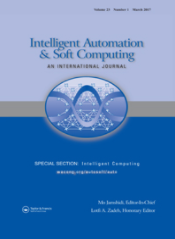 A journal has pulled a paper about predicting people’s faces from their fingerprints due to “significant overlap” with a previous paper by the same authors.
A journal has pulled a paper about predicting people’s faces from their fingerprints due to “significant overlap” with a previous paper by the same authors.
According to the retraction notice in Intelligent Automation & Soft Computing, the authors didn’t cite or acknowledge the other study in the Turkish Journal of Electrical Engineering & Computer Science.
First author of both papers, Şeref Sağıroğlu, who is based at Gazi University in Ankara, Turkey told Retraction Watch that he doesn’t believe the two papers have significant overlap. Still, the research is related, so when he learned the retracted paper didn’t reference the previous one:
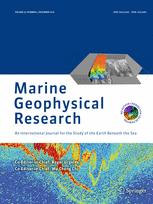 A 2016 paper has been retracted at the request of a company that provides geoscience solutions because the authors—who are employees of the company—included proprietary information and didn’t obtain proper permission.
A 2016 paper has been retracted at the request of a company that provides geoscience solutions because the authors—who are employees of the company—included proprietary information and didn’t obtain proper permission.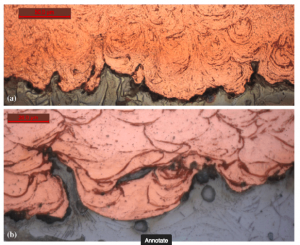
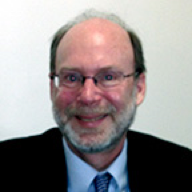
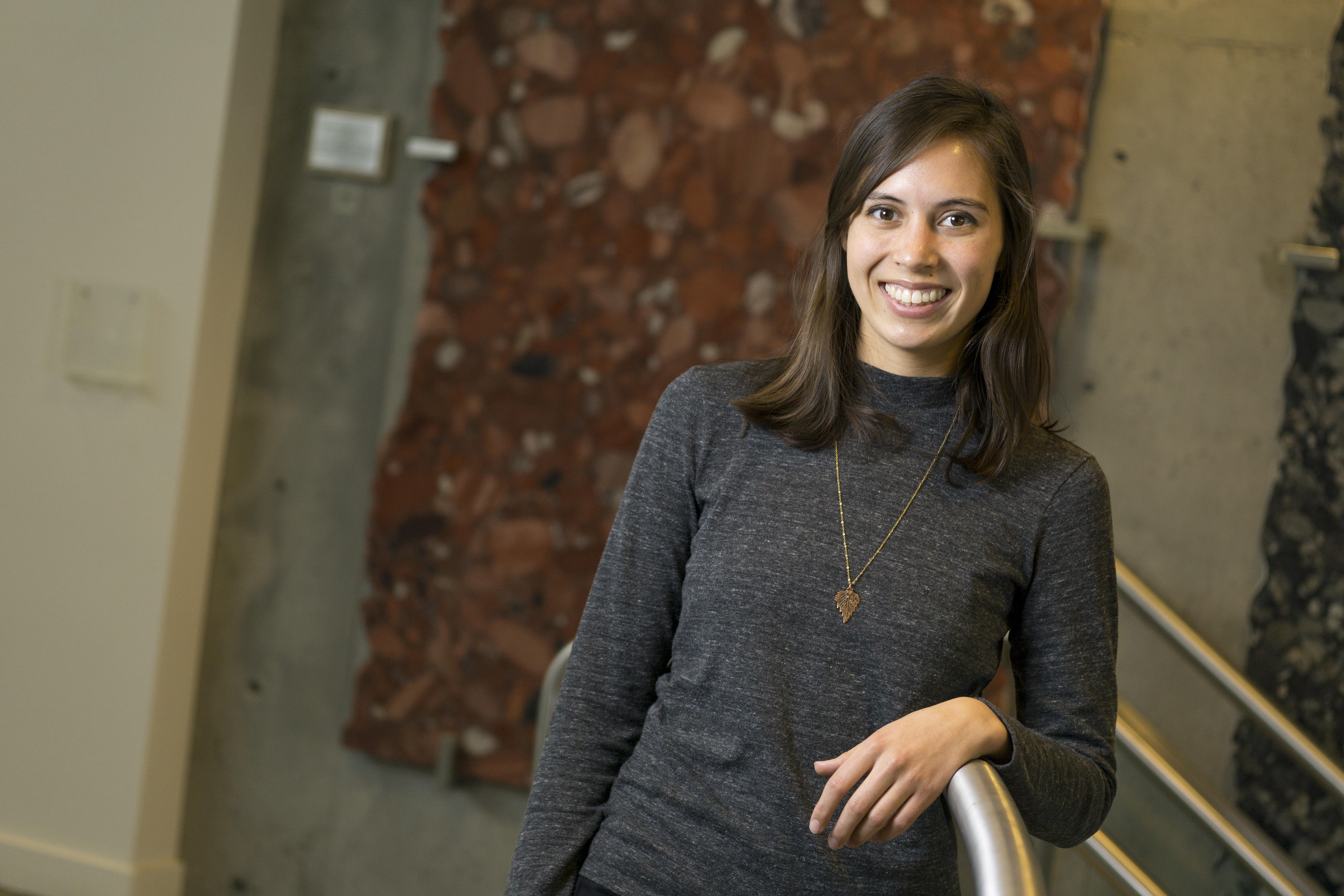
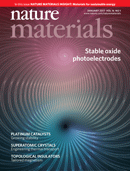
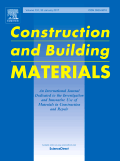 A material science journal has retracted a
A material science journal has retracted a 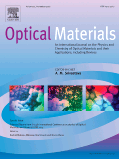

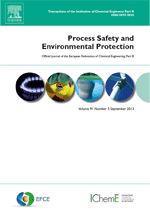 After five years, Elsevier has
After five years, Elsevier has